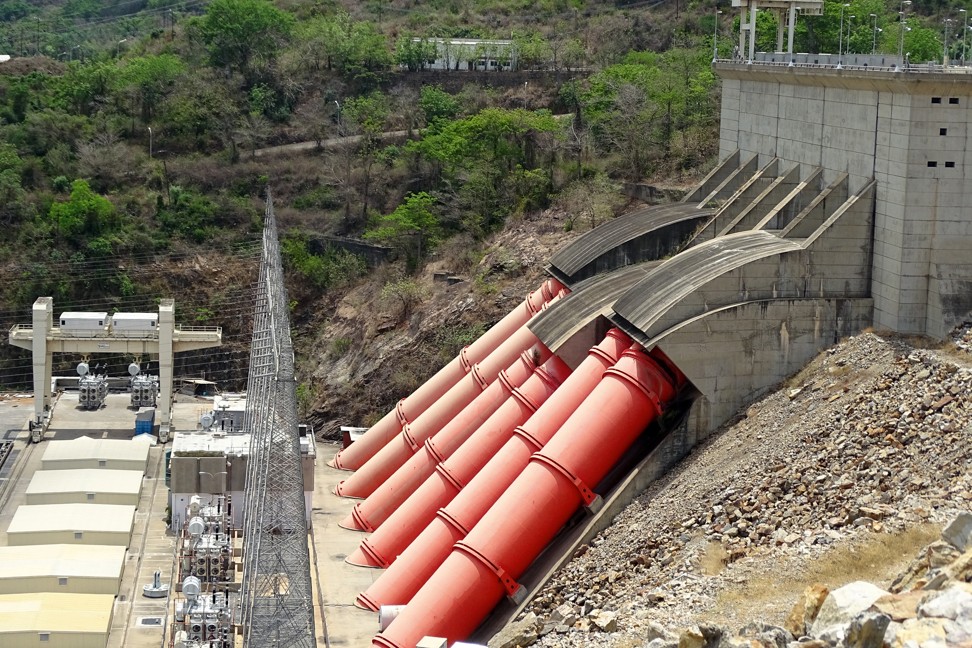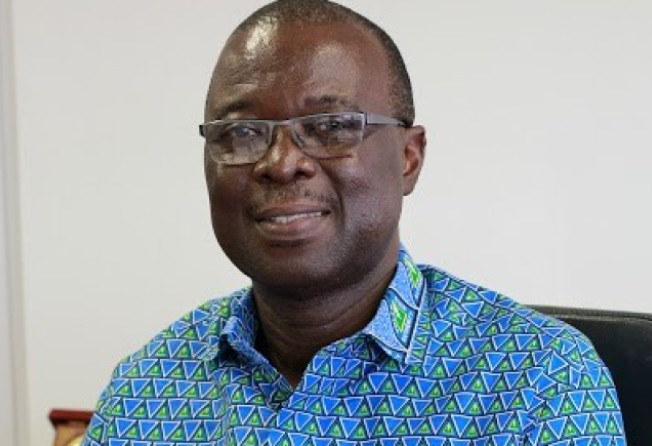
Powering the backbone of economic development
- The Volta River Authority has sufficient power to meet demand in the medium to long term for Ghana

The Volta River Authority has harnessed the resources of the Volta River to provide electrical energy for industrial, commercial and domestic use in Ghana. With a diversified portfolio of sustainable power supply, VRA stands ready to provide the necessary support for all investment endeavours in Ghana.
World Investment News (WI): Assess the current state of power generation in the country and its evolution these past years?
Emmanuel Antwi-Darkwa (EAD): We are in a very good state at this time and today, as we speak, we have more than sufficient power to meet demand in the medium to long term for Ghana and we have resumed significant exports of power to Togo, Benin and Burkina Faso.
Following a severe drought from 1983 to 1985 in Ghana and the subregion, we realised that we couldn’t rely only on natural events for reliable electricity generation. This compelled us to develop thermal sources of power generation to complement our hydroelectric portfolio and make us a reliable provider. Though the transmission and distribution systems have challenges, a clear plan to deal with them is under implementation.
(WI): What have been your main priorities and challenges since coming into office?
(EAD): We see ourselves as a power generating company with operational reliability, thus our clients should have access to electricity at relatively lower cost than other electricity generation companies. With Ghana as a gateway to West Africa, we have taken the export market seriously since we are at the “centre” of the West African power system. We have an aggressive export programme to become the biggest supplier of power in the West African subregion and have almost tripled our exports to Togo and Benin over the last year. Our next frontier is to get to landlocked countries like Mali through the West African Power Pool system (WAPP). The completion of ongoing power transmission projects under the WAPP will facilitate that objective.
(WI): What is VRA’s contribution and impact on the country’s industrialisation agenda and what is the role of the electricity production value chain as a catalyst for national development?
(EAD): Electricity generation sits at the centre of economic development. Ghana’s current status as a lower middle income country is largely a result of the power sector. VRA has made a significant contribution to this. In terms of industrialisation, we have always been in tandem with the government’s transformation agenda. We have a track record of delivering assured and reliable power supply, both to local and external consumers. Looking at the value chain, we find ourselves at the heart of the country’s economic progress.
(WI): Government’s plans for strategic projects require sizeable investments. What role can Private investors play in your sector and what opportunities exist for Public-Private Partnerships?
(EAD): As we continue to evolve, we have to look at the possibilities that the energy sector has to offer. The industry is moving towards renewables, and we must have a robust renewable expansion plan. Renewables offer great opportunities for the private sector through joint ventures.